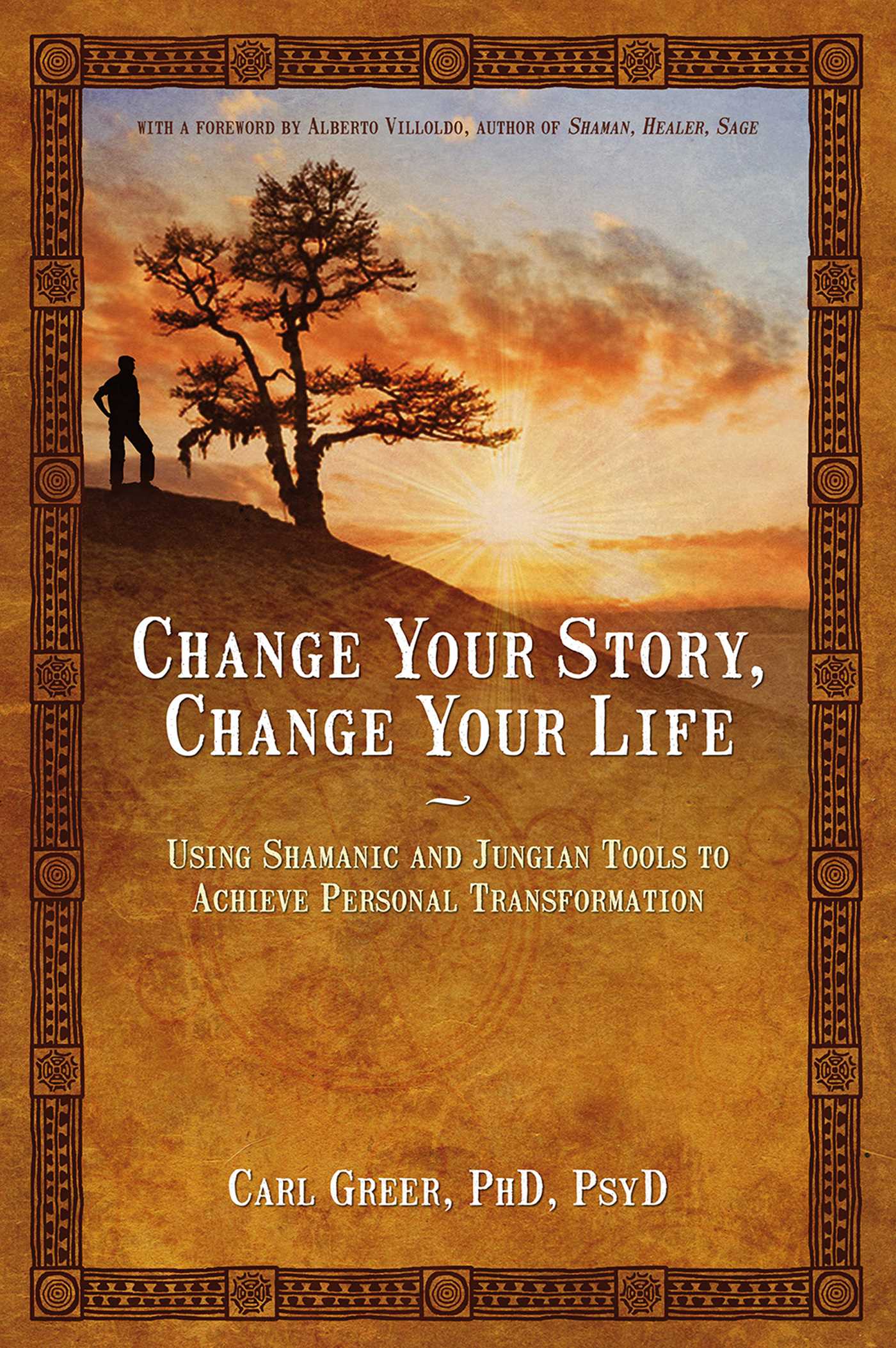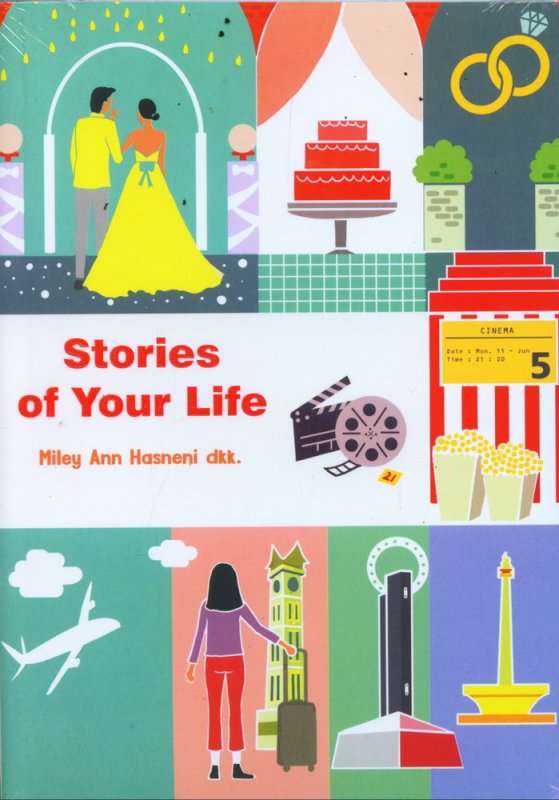

Story of your life novel serial#
Instead, the story revolves around real people attempting to get on with real lives in this universe - one in which virtue is not necessarily rewarded, in which a serial rapist and murderer can be glimpsed ascending to heaven because he has seen God's light, while a good man who does not love God will be cast out. There is, though, no moralistic Sturm und Drang while he emphatically problematises the theology that underpins its world, Chiang does not descend to the finger-wagging one might expect from a liberal intellectual. Hell and Heaven exist - characters can see them, sometimes - and angels visit the earth with bursts of Holy Presence and catastrophic side-effects. For this story, the bleak doctrines of some Christian fundamentalists are scientific predicates known to be true.

What is perhaps the collection's showcase piece, "Hell Is the Absence of God" (which took both the Nebula and the Hugo), is predicated entirely on the supernatural, but does not sacrifice rational, investigative consciousness. The most fantastic of Chiang's work is rational in ways traditionally associated with SF. Science fiction and fantasy are at best nebulously divided categories. In "Tower of Babylon", Chiang brings his austere contemplation to bear on a universe for which the Tower of Babel is not a moral fable of scattered peoples but a philosophical investigation in architectural form. In "Seventy-Two Letters", the basis of Victorian industry is kabbalism as a systematised, rational and political science - if one very different from our own. This conception unites all the stories, even those set in universes with different, "magical" laws. Far from being counterposed as "cold" to emotion's "warmth", it is the rationalism of the characters - and the writer - that makes them emotional and human. In Chiang's universe, humanism is inextricable from rationalism. Similarly, in his notes, Chiang describes how "Story of Your Life" "grew out of interest in the variational principles of physics": perhaps surprisingly, the tenderness of this story, and its astonishingly moving culmination, are not achieved despite the scientific speculation, but are direct functions of it. This is scientific problem not as puzzle to be solved, but as ontological catastrophe, and human catastrophe too. In "Division by Zero", for example, we feel painful empathy and pity for the main character only because and insofar as we have understood the crisis in her life occasioned by a mathematical paradox. But the stories are constructed on a bedrock of profound humanism, so the most abstruse philosophical conjectures are experienced as resonant and emotional. More important, the collection is united by a humane intelligence that speaks very directly to the reader, and makes us experience each story with immediacy and Chiang's calm passion.Ĭomplex issues of language, maths and physics provide the contexts and narrative hooks - precisely the sort of science-fictional concerns that bring a blench to the face of the literary snob. Partly this is because the "wonder" of these stories is a modern, melancholy transcendence, not the naive 50s dreams of the genre's golden age.

But though one reads Stories of Your Life with a kind of thematic nostalgia for classic philosophical SF such as that of Asimov and Theodore Sturgeon, the collection never feels dated. In Chiang's hands, SF really is the "literature of ideas" it is often held to be, and the genre's traditional "sense of wonder" is paramount. The eight stories collected here (his entire output over more than a decade) have deservedly notched up three Nebulas and a Hugo - the most prestigious awards in SF. Occasionally the high concepts of his pieces necessitate those undigested lumps of explanation known as info-dumps. His language is precise rather than impressive even, sometimes, a little flat. Chiang, by contrast, is a much more traditional science-fiction writer. Link's success makes immediate, intuitive sense: she writes bravura experimental prose with a subverted fabular logic that sits well with today's genre-bending sentiment. One is Kelly Link, whose magnificent book Stranger Things Happen is not yet published in this country. Two young Americans have emerged as pre-eminent exceptions to this dictum, and very important new voices in the field. Even in genre, though, there's still the rule that says you can't get a short-story collection out until you've published a novel or two. Yet short stories have always been indispensable in SF, fantasy and horror: there, at least, reports of the death of, etc. The short story is, apparently, in crisis: so deep, in fact, that there is an Arts Council-supported campaign to rescue it ( ), one of the aims of which is to give the form "more prestige and a higher profile".


 0 kommentar(er)
0 kommentar(er)
